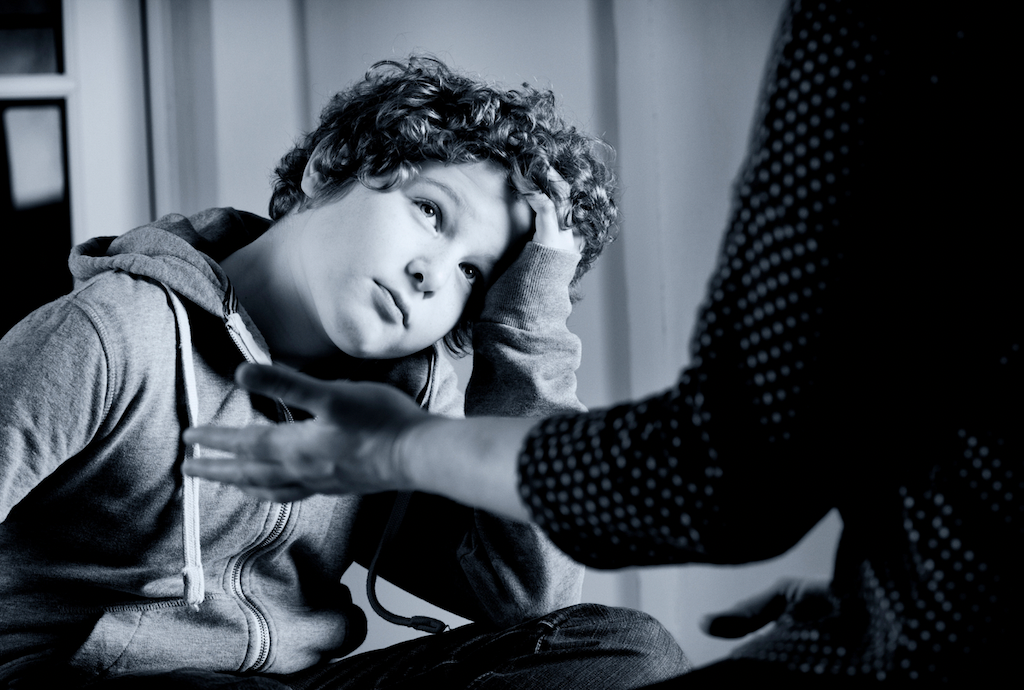Facing Hard Conversations With Our Kids
One of the toughest jobs of parenting is talking to our kids about hard, but very real topics like racism, or war, for example. How do we find the right words? Here's some help. ~ GoNoodle

It’s inevitable. At some point, our children will face scary situations in the world or in the community that we couldn’t have possibly prepared them for mentally and emotionally. One of the toughest jobs of parenting is talking to our kids about hard, but very real topics like racism, violence, homelessness, or war, for example. How do we find the right words? How do we even start the conversation? What if they ask questions we don’t know the answers to? How do we reassure them that everything will be okay when that’s not a promise we can make?
Many of us at GoNoodle are also parents facing many of the same questions at home. We were curious ourselves, so we reached out to Dr. Ariana Hoet, Clinical Director, On Our Sleeves at Nationwide Children’s Hospital. Dr. Hoet advocates for children’s mental health on a local, regional, and national level. Especially with our kids witnessing what is happening in our world right now, we wanted to get her take and advice. She was kind enough to sit with us and offer tips for talking to the children in our lives about the potentially traumatic events they’ve been exposed to. We hope her insights help you as much as they helped us.
Should you proactively bring up difficult topics with young kids?
Yes! We want to check in with our children as soon as possible because they may be hearing about current events at school or on social media. By bringing it up ourselves, we create a space for them to ask questions and voice their thoughts and feelings.
How much information should you share with your kids? What is the best way to start the conversation?
You can start by asking your child open-ended questions. For example: “Have you heard about…?” or “What do you know about…?” That will help you understand how much they know. Then you can ask how they feel about it, what they are thinking, and any questions they have. This allows them to guide the conversation and gives you an idea of how much to share. Answer the questions honestly but at their developmental level. Don’t share too much, just answer with 1-2 sentences and only give more information if they have to follow up questions.
How do you explain the topic of violence? Are there different words or messages you need to use or be mindful of for each group?
You want to be as objective as possible. Avoid sensationalizing and avoid labeling or judging large groups of people. We don’t want these current events to lead to stereotypes. Developmental level and cognitive development matter. With younger children, you may explain broadly, such as “a few people in charge made a decision to…” With teenagers, you can add more details about the situation, such as the names of people involved and some of the history of what is going on. You know your child best and depending on what they are asking you can decide the details to share. Again, if they ask about it, they are thinking about it, so it’s okay to answer honestly.
What if your child wants to see what is happening in the news on TV? Should you limit what they see or do you openly share?
Younger children should not be exposed to the images on the news. Some of them will have a hard time differentiating current events from their personal events, so it is better to limit them from the images on tv. If older children want to stay informed and ask to watch the news with you, make sure you set limits as a family. Model the behavior of not spending too much time consuming news and set “media time” for your house. You may have to monitor what children are consuming on their personal devices, too.
How do you talk about something happening abroad or in another state when your child has no reference to what that is?
This is where the developmental stage matters and what their thoughts, feelings, and questions are. Younger children may not be thinking about the details and complicated ideas that we are—let them guide the conversation instead of oversharing what is on your mind.
To find more resources on talking to your kids about current events, check out On Our Sleeves blog here.

